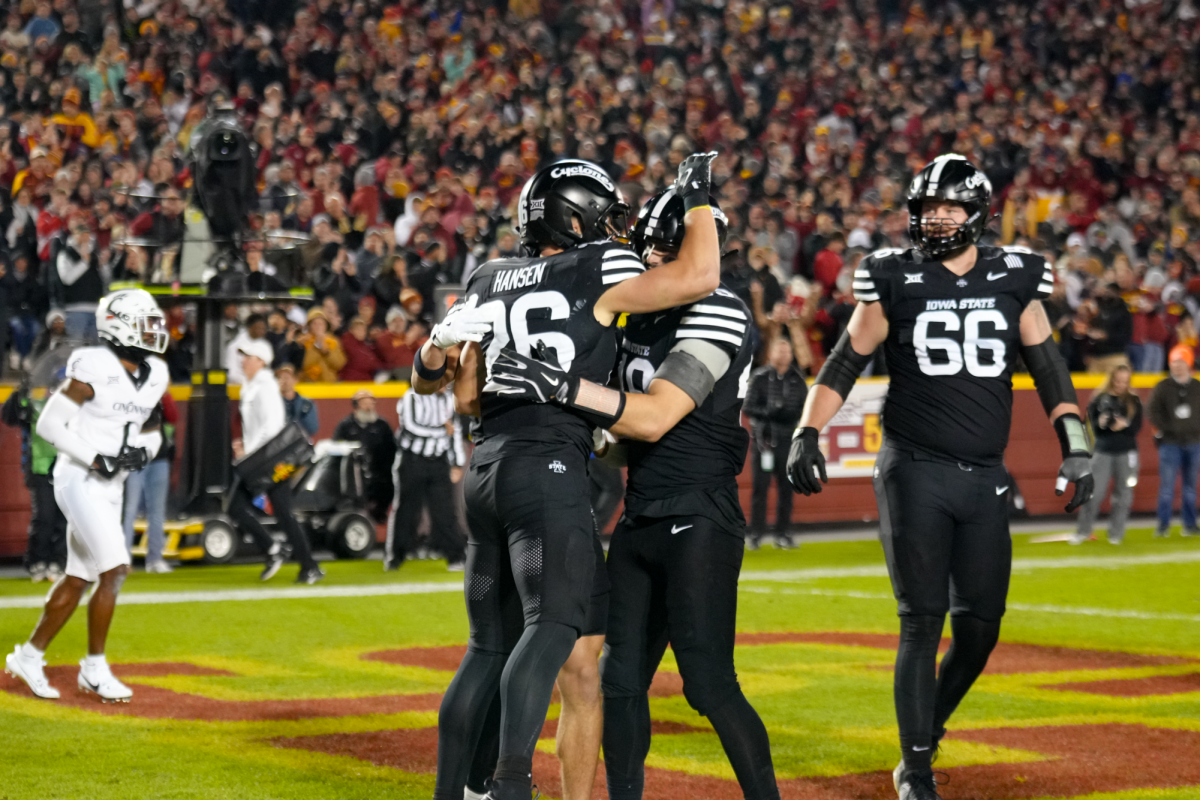Area college students push for environment in political campaigns
February 7, 2000
College students from across the country are joining in an effort to make global warming a focus for the presidential candidates.
Individual students and college environmental organizations representing a national coalition of environmental activists signed a statement last week demanding more specific information from the six candidates left in the Republican and Democratic races. The information concerned the candidates’ stance on global warming.
Matt Ewing, student at Grinnell College, was one of the students to sign the letter, which was sent to each of the six candidates’ campaigns. He said the purpose of the coalition’s letter, which included more than three pages of student signatures, was to get the candidates to speak more about their stances on global warming.
“Many candidates have said that global warming is an issue, but what we are asking is for specific details on how they plan to fight this enormous problem,” he said.
Ewing said global warming is one of the defining issues facing this generation and should be an important issue for the next president.
“This is going to affect us more than any other issue they are talking about,” Ewing said. “It’s going to affect our children and our children’s children.”
As the candidates traveled throughout Iowa before the Jan. 24 caucus, many environmental activists took the opportunity to get their attention.
Travis Franck, ISU senior in computer science and environmental science, said he took part in a protest calling for a greater emphasis on global warming at the GOP debates in Johnston on Jan. 15.
Franck, member of the Student Environmental Council, said he has attempted to push the issue of global warming on candidates who passed through Iowa during the caucus season.
During Vice President Al Gore’s speech at the Memorial Union Jan. 21, members of the Student Environmental Council asked him about his plan to stop global warming. Franck said Gore took the time to answer the question and discuss his ideas on environmental issues.
Franck said during former New Jersey Sen. Bill Bradley’s stop on campus Jan. 24, he also had the opportunity to talk to Bradley about global warming.
“That shows that maybe our message is getting out more, and that is really exciting,” Franck said. “I think all [of the candidates] can take some more time to think about it. It’s a big problem.”
Franck said the group’s goal is not to attack the candidates but instead to ask them “to take a stand [on global warming] and not to ignore it.”
Ewing agreed the coalition’s goal is not to attack the candidates.
“We are trying to let them know that this is an issue that is important to a lot of people,” he said. “We are just asking for them to show their leadership.”
Both Ewing and Franck said they are dissatisfied with the lack of attention the candidates have given global warming.
“I think no candidate has addressed the issue,” Ewing said. “Without action, their words are empty.”
Ewing said future plans for the coalition include actively lobbying candidates to open a dialogue about global warming, and when the general election draws closer, selecting a candidate who best addresses the problem and offering them their help in campaigning.






